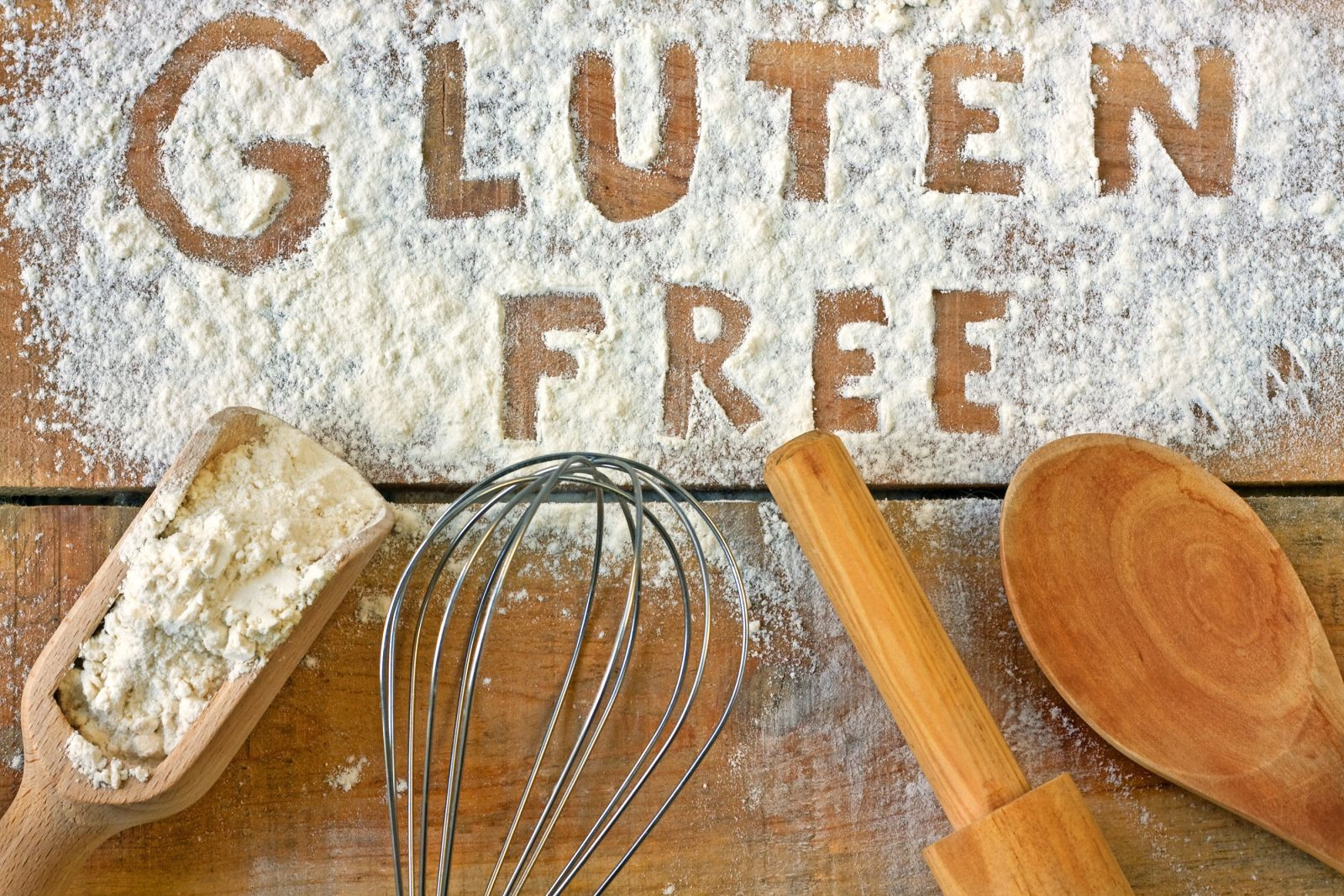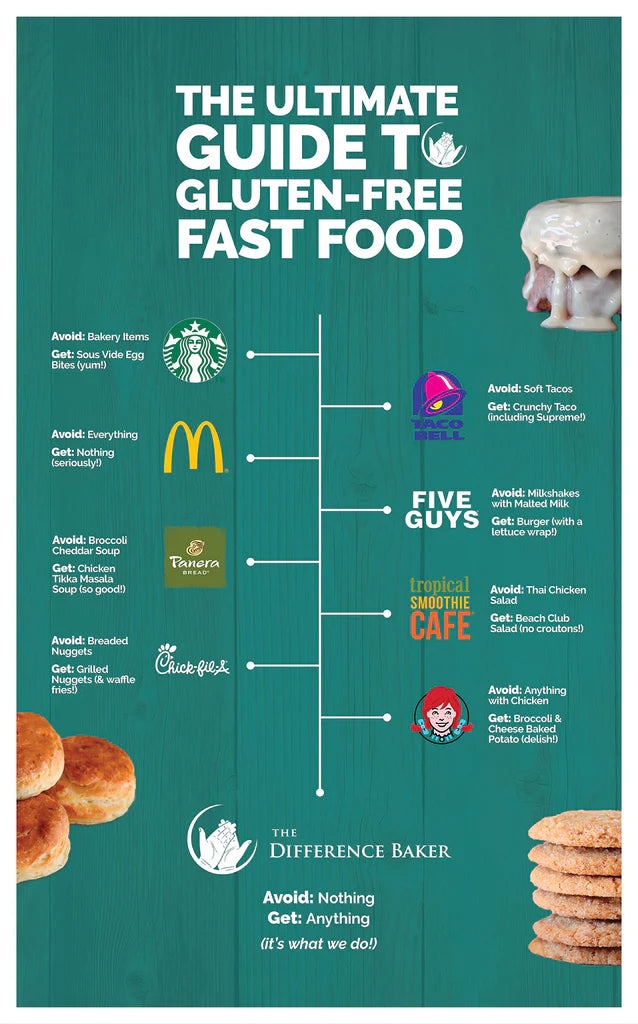Antwort Does avoiding gluten make you healthier? Weitere Antworten – Is it healthier to cut out gluten

Although gluten-free products are proven to be beneficial for those who need them, they're not any healthier than those that contain gluten. And while following a gluten-free diet is safe, keep in mind that any diet that relies heavily on processed foods is unlikely to result in any health benefits.A gluten-free diet is also popular among people who haven't been diagnosed with a gluten-related medical condition. The claimed benefits of the diet are improved health, weight loss and increased energy, but more research is needed.So, a gluten-free label doesn't necessarily make a food healthy. If you don't have celiac disease or gastrointestinal irritation, Rajagopal recommends removing highly processed foods from your diet before removing gluten. Add in more fruits, vegetables, whole-grain bread or pasta, and lean proteins.

Will I feel better if I stop eating gluten : There is no compelling evidence that a gluten-free diet will improve health or prevent disease if you don't have celiac disease and can eat gluten without trouble. Of course, future research could change this.
What does giving up gluten do
Digestion requires a lot of energy, and it takes even more of a toll when your body is trying to process something it can't. After going gluten-free, you'll be putting less of a strain on your gut, and there's a good chance your energy levels will benefit.
Why is gluten bad for you now : But in some people, gluten can trigger a severe autoimmune response or other unpleasant symptoms. An autoimmune response to gluten is called celiac disease. Celiac can damage the small intestine. Some people who don't have celiac disease still seem to feel sick after eating foods that contain gluten.
“There's a lot of confusion about gluten being an evil food. Gluten isn't inherently bad for most people,” says Rajagopal. “We, as humans, have consumed gluten for as long as people have been making bread. For centuries, foods with gluten have been providing people with protein, soluble fiber and nutrients.”

Notably, along with other dietary elements, gluten may contribute to the development of inflammatory intestinal disorders, such as inflammatory bowel disease (IBD), as well as functional gastrointestinal disorders (FGIDs) and concur in symptom exacerbation, although its exact role is still under investigation.
What happens first week of gluten free
It's common to feel constantly hungry during your first several weeks without gluten. You may want to eat all the time. Your body hasn't been able to absorb food properly for a while. So once it can, it'll try to make up for the deficit.People follow a gluten-free diet for a number of reasons:
- Celiac disease. People with this condition cannot eat gluten because it triggers an immune response that damages the lining of their GI tract.
- Gluten sensitivity. People with gluten sensitivity do not have celiac disease.
- Gluten intolerance.
- Other health claims.
Some people believe that eating gluten can inflame the skin and, therefore, cutting it out will help relieve red, inflamed skin or other skin conditions, such as psoriasis or eczema. But in reality, cutting gluten from your diet will only help if you actually have celiac disease or a hypersensitivity to gluten.

The immune system may see the undigested gluten particles are a microbial invader and attack them. Our environment has become much cleaner over the past 50 years. This means, to some scientists, that our clean and sterile environment has made our antibodies not able to fend off so many bugs and infections.
Why is everyone suddenly allergic to gluten : Modern wheat varieties, altered wheat composition resulting from breeding practices, environmental elements such as exposure to pesticides and herbicides, and disturbances in gut microbiota all loom as influential factors in this complex puzzle.
What happens if you don t eat gluten : 2. You'll be hungrier. Many people with gluten-sensitivity feel so sick after eating bread products, their appetite suffers for the rest of the day. When you remove it from your diet, you might notice yourself getting hungrier, both because you're appetite's back and because of the food swaps you're making.
What happens when you shouldn’t eat gluten
An autoimmune response to gluten is called celiac disease. Celiac can damage the small intestine. Some people who don't have celiac disease still seem to feel sick after eating foods that contain gluten. They may experience bloating, diarrhea, headaches or skin rashes.

What is a gluten belly Gluten belly, also known as wheat belly, is a common phrase that refers to stomach swelling after eating gluten as a result of bloating. Along with bloating, one may also develop symptoms such as stomach pain, flatulence, or irregular bowel movements.Weight Loss: Some people may experience weight loss when they eliminate gluten-containing foods from their diet, especially if they previously consumed a lot of processed gluten-containing products. This weight loss can be due to reduced calorie intake or better digestion.
How long after going gluten free did you feel better : On average, people report feeling better after eating a gluten-free diet for 1 month. But this can vary from person to person. Some people feel better faster, and others need more than 1 month to see improvement.



